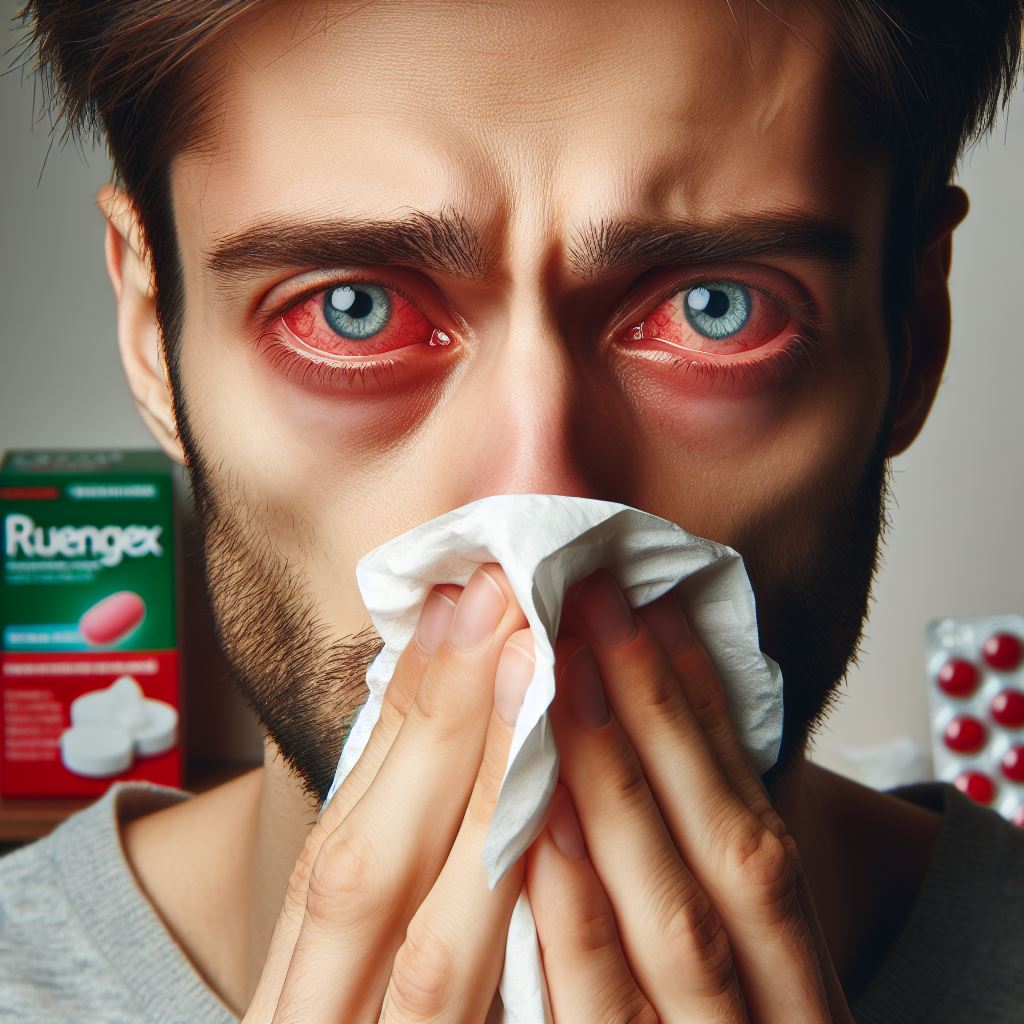
Watery/Red Eyes
Watery or red eyes can be caused by various factors, including allergies, infections (like conjunctivitis), irritants, dry eyes, or other conditions. Depending on the cause, several over-the-counter (OTC) options can help alleviate symptoms:
1. Artificial Tears: These lubricate the eyes and can provide relief from dryness or irritation. There are many brands available, including Refresh, Systane, and TheraTears.
2. OTC Antihistamine Eye Drops: Useful for allergy-related red or watery eyes.
Ketotifen (e.g., Zaditor, Alaway): Helps reduce itching and redness associated with allergic reactions.
3. Decongestant Eye Drops: These can reduce redness but should not be used for more than a few days, as prolonged use can lead to rebound redness.
Examples include drops containing tetrahydrozoline (e.g., Visine) or naphazoline (e.g., Clear Eyes).
4. Saline Solution: Rinsing the eyes with saline can help remove irritants.
5. Cold Compress: Applying a cold, wet cloth to the eyes can reduce swelling and soothe irritation.
Related topic: Allergy
Important Considerations
If red or watery eyes are due to an injury, chemicals, or any sudden unexplained reason, it’s crucial to seek medical attention immediately.
If symptoms persist or if there’s pain, vision changes, intense redness, or pus/discharge, consult a healthcare professional. These could be signs of a more severe condition or infection that requires prescription treatment or specific care.
Do not use contact lenses while experiencing red or watery eyes, especially if you suspect an infection or irritation. If the issue is related to contact lenses (e.g., poorly fitting lenses or overwear), consult an optometrist or ophthalmologist.
Be cautious when using decongestant eye drops. Prolonged use can lead to increased redness when you stop the medication, a phenomenon known as rebound hyperemia.
Always wash your hands before touching your eyes or using eye drops.
As with any health concern, it’s always best to consult with a healthcare professional or eye specialist (optometrist or ophthalmologist) for a proper diagnosis and treatment recommendations.
